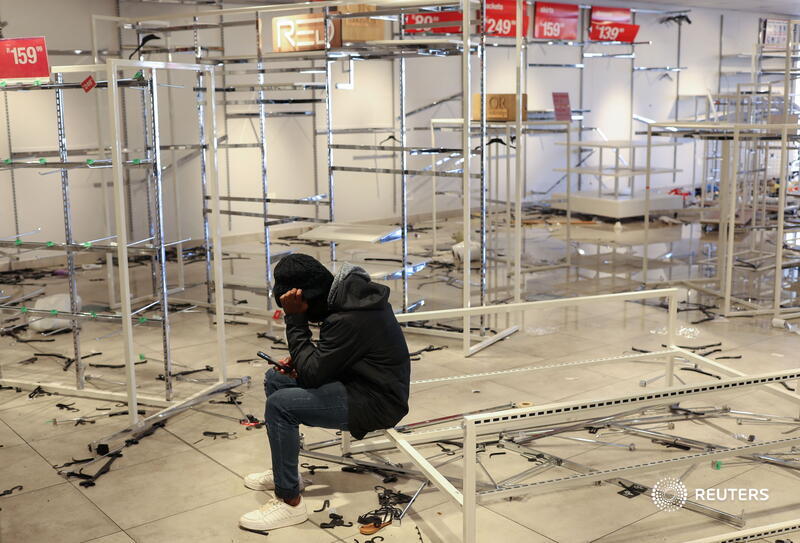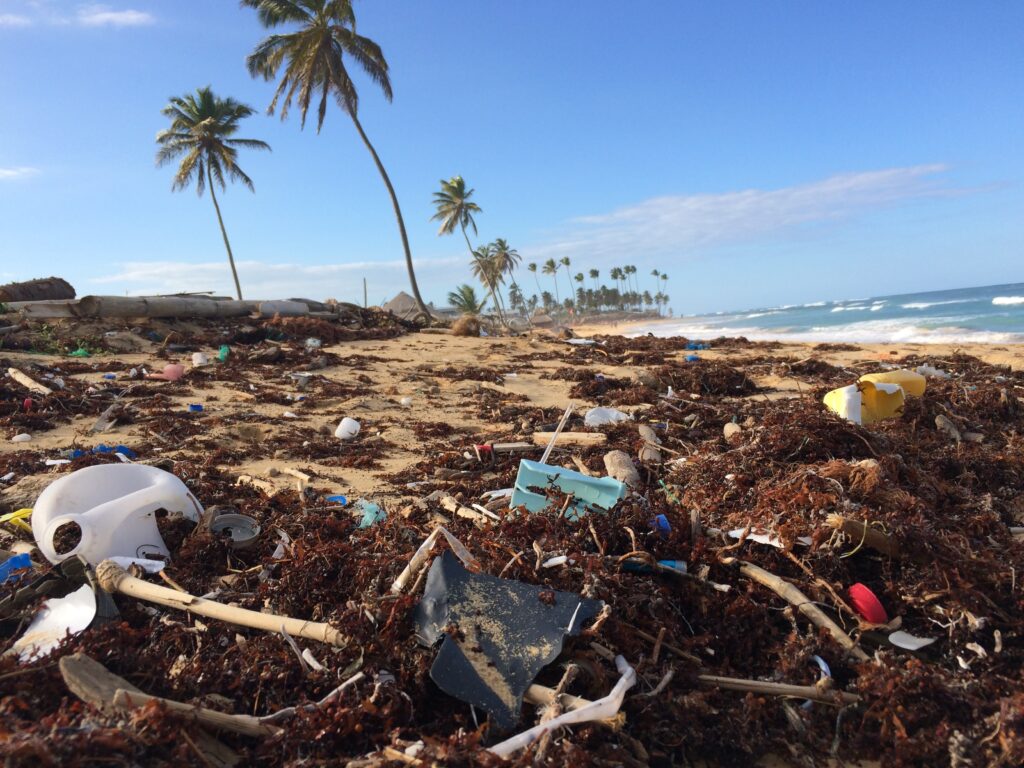
- Horticulture
-
by John Pot
A dark week lays behind us, one that will have long-term ramifications for South Africa. Already around 18.9% of South Africans (that’s 11 million individuals) have less than R800 to live on every month. Even before the pandemic, 28% of us were jobless. We need only go to the shops to see how expensive food has become.
Looking at Africa as a whole, the economic devastation caused by decades of mismanagement and now Covid-19 have forced countries into taking out loans with the World Bank, International Monetary Fund, and China, among others. The catch with China, for instance, is that these loans’ terms promise a chunk of the future revenue of exported resources to the People’s Republic until the debt is repaid. The World Bank and IMF, while also securing leverage through debt, demand the implementation of certain economic policies by their debtors. This is meant to improve the borrowing country’s economy, but it’s never that simple.

Last year, smack in the middle of the pandemic, Nigeria cut funds allocated for healthcare by 40%. While certainly not the only reason for this massive decrease, the policies that bind World Bank and IMF debtors force them to cut government spending on sectors like healthcare, education, and subsidies for foodstuffs. On top of that, the policies mandate an increase in the dirt cheap exports of natural resources, which in turn devalues the debting nation’s currency. Imports of consumer goods are also increased with reduced or eliminated tariffs, making it difficult for local industries to flourish or even compete.
Call it debt-trapping, economic colonialism, neo-colonialism, or late stage capitalism (hint: it’s all of those), these practices are a substantial part of the state Africa is in. Corruption is another poison that must be dealt with, and the first step to doing that is to uplift communities so that they can focus on civil matters instead of simply not starving. The last week’s events here in South Africa have punctuated how urgently we have to put an end to poverty. Africa needs to create sustainable local industries if it’s ever to destroy the grip of foreign powers on our economies.
I’m going to put a pin in that, right here 📌

Remember when they banned plastic straws in an effort to curb plastic pollution? Yeah, that didn’t help; it was about as effective as when my old high school tried to celebrate eco-friendliness by releasing a bunch of helium balloons. The ocean contains 5.25 tons of plastic, both macro and micro. Although cleaning operations have been making headlines, about 70% of all that plastic sinks to the not-so-easily reached seafloor. Besides that and a barren future from microplastics in the soil, the air pollution belched up by the production and incineration of plastic is a leading contributor to climate change.
You might say, but what about bio-plastics? That’s just a tricky misnomer. Bio-plastics are the same old petro-chem stuff with some additives to help them break down, and break down they might, but not without leaving behind a toxic trace. Enter hemp plastics. Hemp doesn’t contain the toxic hydrocarbon-based compounds found in regular plastic, produced from petroleum—the refinement of which releases harmful substances, and you all know about the oil industry. On top of plant-based agriculture accounting for less than 5% of emissions, a single hemp plant absorbs up to 75% more CO2 than a tree—CO2 that is then sequestered in hemp plastic. When the hemp plastic breaks down, it degrades into 100% natural compounds that reintroduces the captured carbon into the soil. To top it all off, hemp plastic has a very high density to weight ratio, making it a strong, lightweight replacement for petro-chem plastic in all current applications and more as the new material drives innovation.

Alright, let’s take that pin out.
Africa needs a local and sustainable industry—hemp’s 12-14 week lifecycle means 3 harvests a year, and through holistic agricultural techniques like companion-planting, hemp farms can produce food in the same fields at the same time. But it mustn’t stop at the export of raw hemp or even refined hemp plastic. It will be imperative for African economies to produce finished products from the hemp plastic they produce. Jobs are created by locals, for locals, and exports are free of foreign interests.
In theory, anyway. Water is an obvious hurdle, as is push-back from the oil and plastic industries. It won’t be a quick fix either; it will take a while for Africa to pluck foreign fingers from our economic pie. But these things can all be figured out and overcome, the most daunting task is convincing governments and investors to get this thing off the ground. Unfortunately producing hemp plastic is more expensive than petro-chem, but that will change as the industry takes root. But damn, won’t all the trouble be worth it? I believe in my heart of hearts that here is an opportunity for Africa to lead the world in an ecological revolution while rising above being the world’s favourite place to plunder. And once we take back control of our natural resources, the sky is most certainly not the limit.
